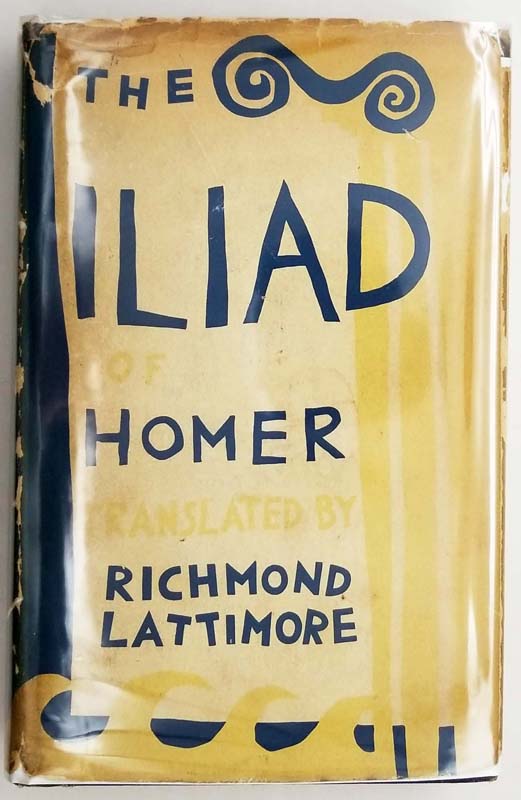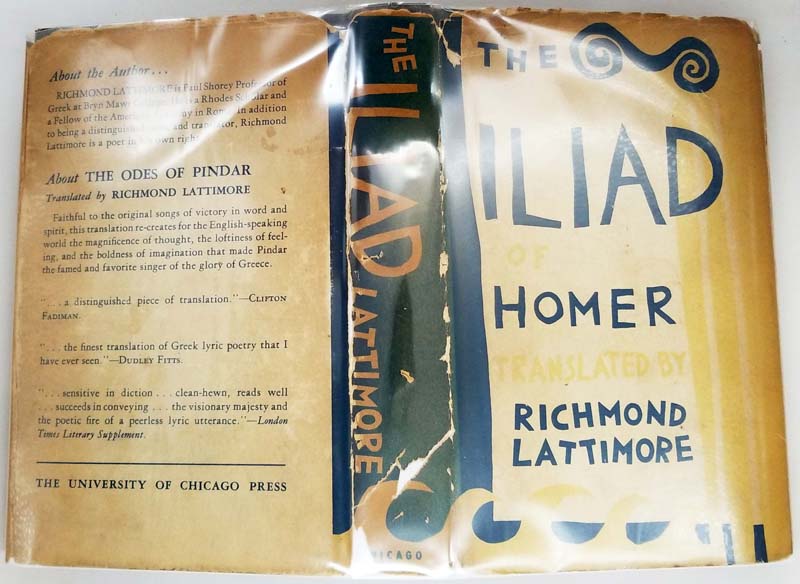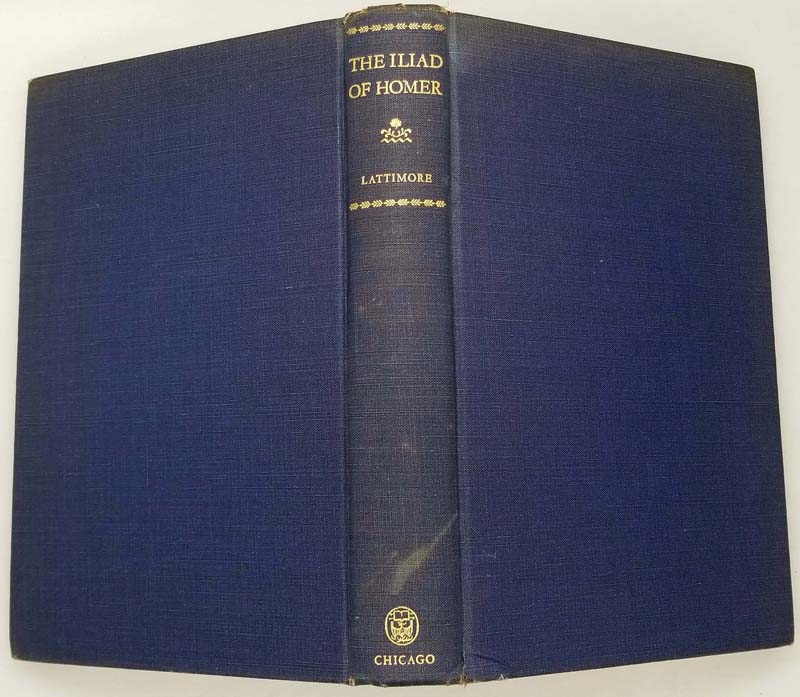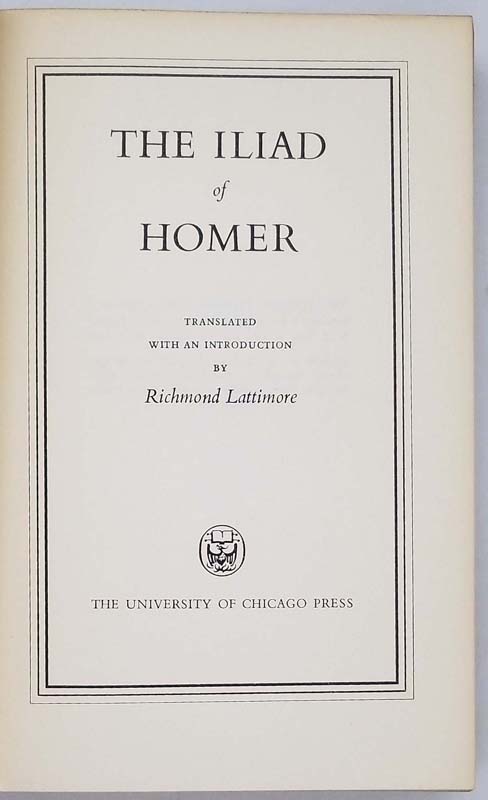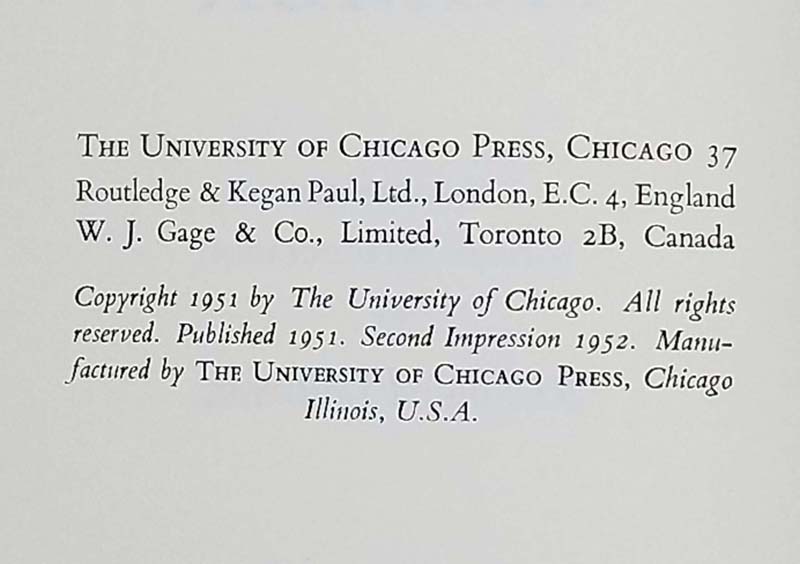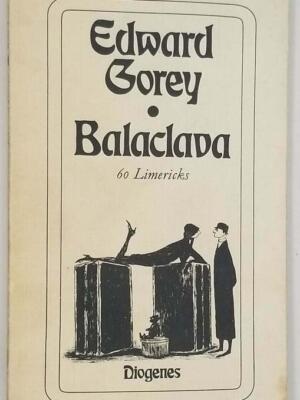The Iliad of Homer (1952), translated by Richmond Lattimore, is a landmark English rendition of Homer’s ancient Greek epic, renowned for its fidelity to the original’s muscular dactylic hexameter and stark, unvarnished power. Lattimore’s translation eschews Victorian embellishment in favor of taut, rhythmic prose that mirrors Homer’s oral-poetic cadence, capturing the Iliad’s visceral battle scenes (Achilles’ rage, Hector’s doomed heroism) and divine machinations with unflinching clarity.
This edition—often published by the University of Chicago Press with scholarly notes—prioritizes textual accuracy over readability, making it a favorite among classicists. Lattimore’s choice to retain epithets (“swift-footed Achilles”) and formal syntax preserves the epic’s archaic grandeur, though some find it less fluid than Robert Fagles’ later version.
A cornerstone of Homeric scholarship, Lattimore’s Iliad balances poetic force with academic rigor.
